
This assignment required MSC to nudge financial behavior among the beneficiaries of the Strengthening Women’s Ability for Productive New Opportunities (SWAPNO) project in Bangladesh, who receive payments through the mobile financial services (MFS) channel. MSC’s engagement was in the context of UNDP’s tests on a digital payments platform that would replace the physical delivery of social security cash benefits to SWAPNO participants. We assessed behavioral aspects of digital cash transfers to identify opportunities to change financial behavior.
MSC devised program design elements that can induce behavior change and identified behavioral change indicators for a randomized control trial (RCT). Our intervention helped UNDP to identify and incorporate behavioral change indicators in the overall design of the RCT. At the time of writing, the SWAPNO program was in the second phase of its implementation, with 1,296 women receiving payments through MFS and DFS channels as a pilot project.
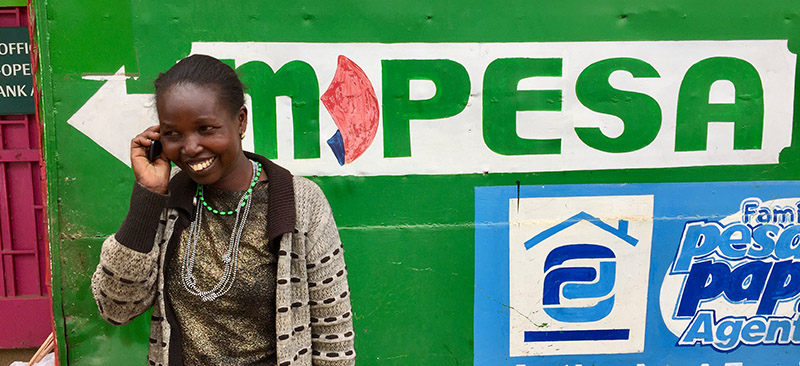
MSC was part on the initial Steering Committee that oversaw the development of M-PESA. We provided market research to help with the design of the final offering, pivoting it from a payments system for MFIs to a remittance product.
The MSC team conducted extensive market analysis to understand potential users’ needs, attitudes, perceptions, and behaviors using Market Insights for Innovation and Design (MI4ID) tools. These helped define and refine the use-case for the product. MSC also assisted in the development, testing, and deployment of the initial marketing and training materials for M-PESA.
M-PESA is now the leading mobile money platform in the world, used regularly by 20 million customers in Kenya.
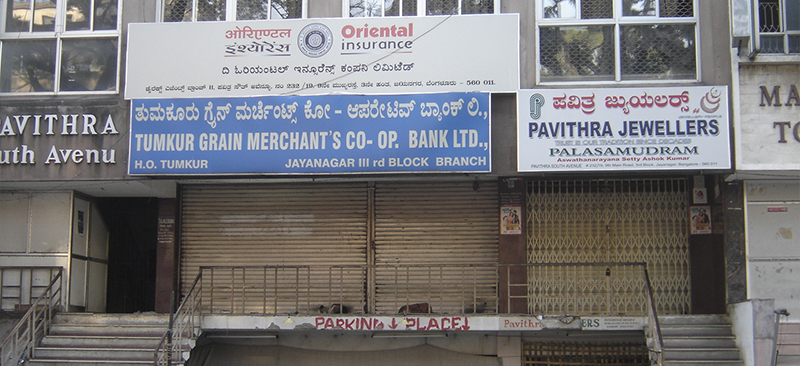
MSC delivers regular training on product development at Boulder Institute of Microfinance. These events see attendance from CEOs, COOs, and senior management team members from operations, product development, research and development, and other relevant departments of financial institutions and central banks. These financial institutions include banks, cooperatives, and MFIs. They use the insights from our training sessions to develop or refine products and services for their target markets.
Our training equips participants with the skills and resources to:
- Examine options and opportunities to gather data on client needs, aspirations, perceptions, and behavior through secondary and primary research and behavioral analysis tools;
- Use a robust and systematic approach to product development and implementation;
- Design and implement pilot tests and roll-out to minimize risk and maximize success.
Over the years, MSC has supported more than 150 financial services providers to develop and deliver over 250 products and channels that now find use among 50 million-plus people.
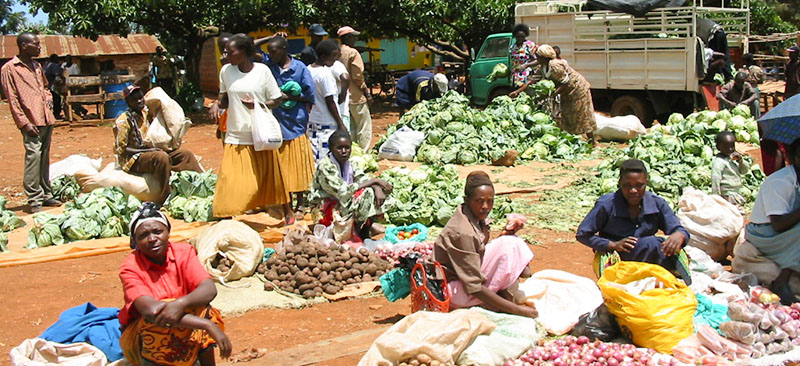
Umati Capital contracted MSC to develop and deliver financial literacy training through digital media to the smallholder farmers in formal agri-value chains in Kenya. Working alongside Arifu, MSC developed the content and delivery methods. We conducted an in-depth assessment of the needs of the smallholder farmers in Kenya, and testing of in-person and SMS-based delivery of content to the participants. We developed real-time analytics on the adoption and impact to share the output of the pilot-run with Umati Capital.
As part of the deliverables, MSC prepared an interactive trainers’ manual and a learning guide in English for the farmers on financial literacy, credit, and savings management, among other areas. The final output by MSC and Arifu included platform access for publishing, delivering, and tracking content on SMS and Android applications, as well as a final monitoring and evaluation report.
By the end of the pilot, one-third of the smallholder farmer members of Umati Capital had received training through the in-person and the SMS based financial education modules. At the time of writing, this was being rolled out for smallholder farmer members across Kenya.
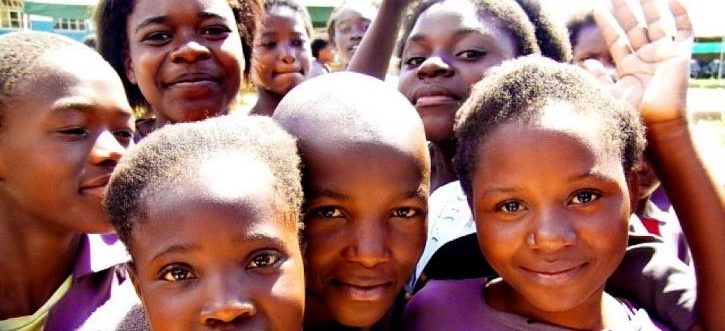
UNCDF contracted MSC (alongside Arifu and Fundación Capital) to develop and pilot-test financial literacy programs for refugees in Nyarugusu in Tanzania. Nyarugusu camp is the oldest refugee camp in the area. It hosts around 142,000 refugees, mainly Congolese and Burundians.
Nyarugusu has a vibrant economy within and outside the camp–characterized by savings groups, mobile money, and the creation of “common markets”, where refugees can trade with host communities on allocated days. This context made it ideal for UNCDF to pilot a program on refugee financial inclusion. MSC developed and tested digital and financial literacy programs for refugees. We developed a roadmap with concrete recommendations to scale up the program. At the time of writing, these programs would be delivered through in-person training, SMS, and tablets.
In the pilot phase, over 300 refugees in the Nyarugusu camp accessed the digital and financial literacy content. In the scale-up phase, planned from October, 2018 to May, 2019, over 30,000 refugees and hosts would be able to access the content to enhance their financial capability. By 2020, over 150,000 refugees and hosts would have accessed the digital and financial literacy courses to enhance their financial capabilities.
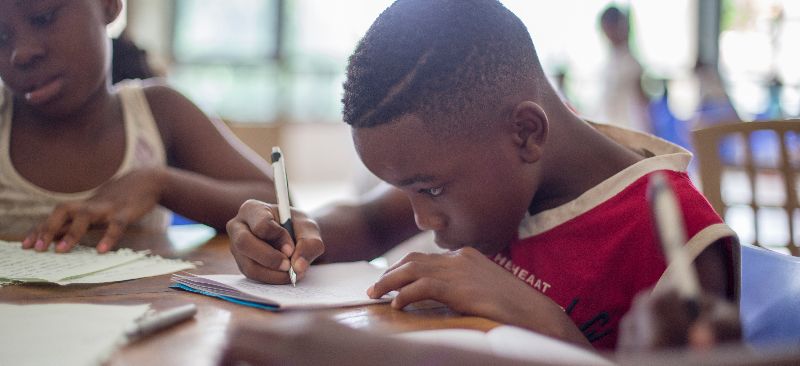
Faulu Microfinance Bank (MFB) decided to improve access to quality education for low and middle-income households, through strengthening and expansion of its educational finance portfolio. MSC supported Faulu MFB on strategic planning, market research, product development, and business intelligence reporting – with a target on relationship officers and risk management.
Our engagement resulted in Faulu MFB successfully refining its products. Faulu developed its institutional capacity and grew its educational finance portfolio. As of September, 2018, over 7% of the institution’s retail, individual, and SME portfolio is towards meeting the education finance needs of their clients and schools in Kenya.





